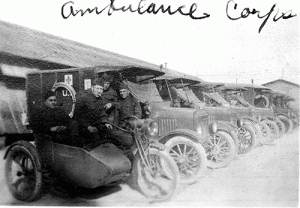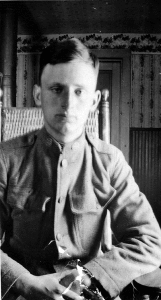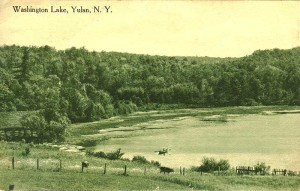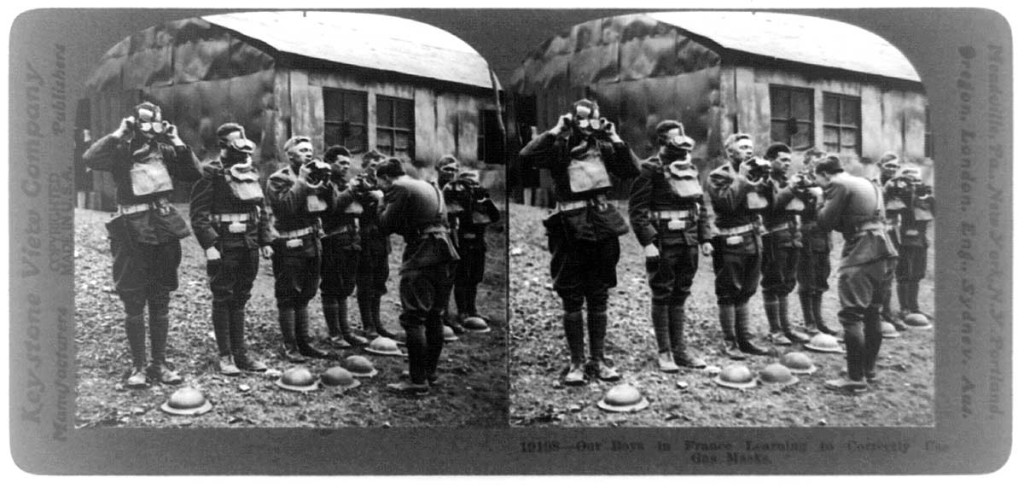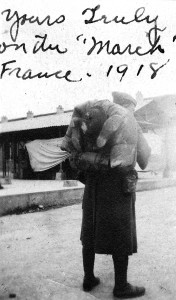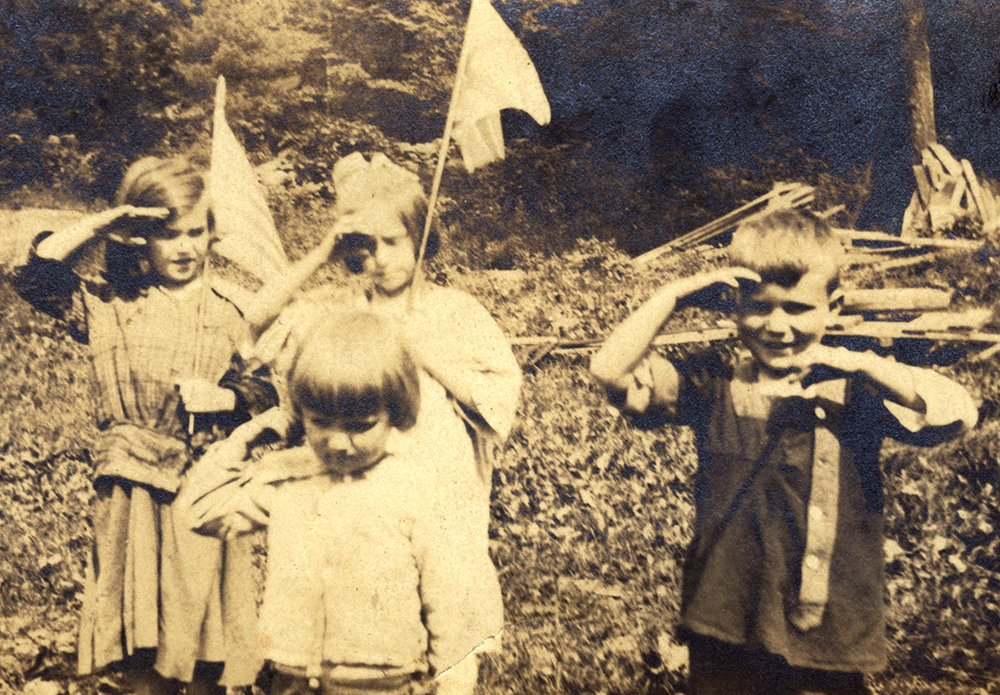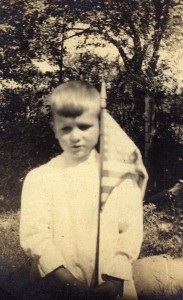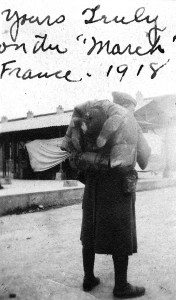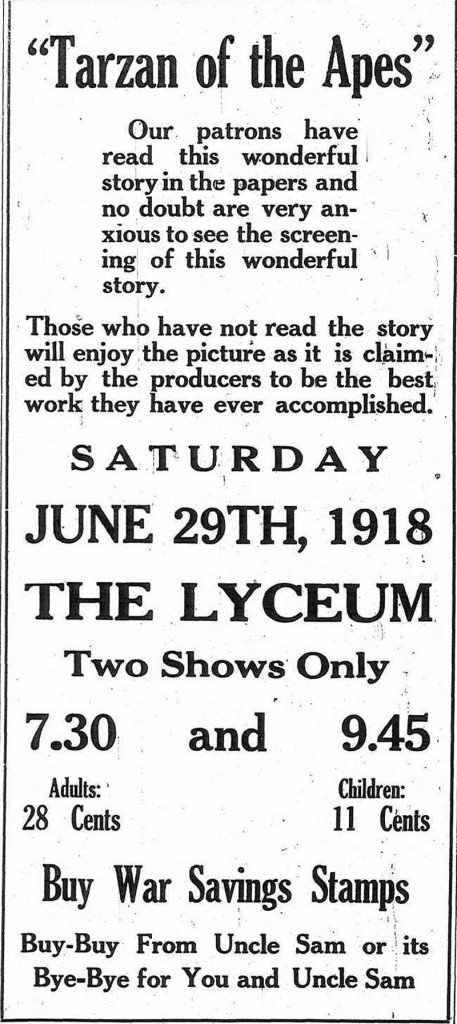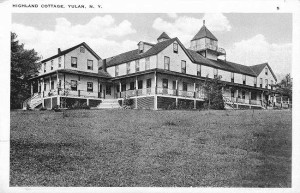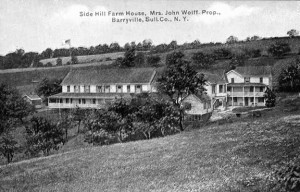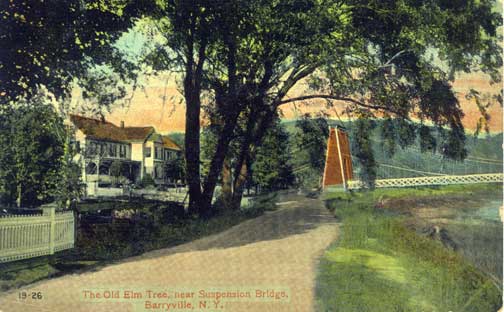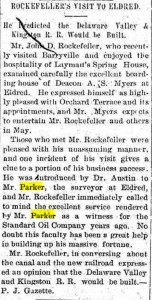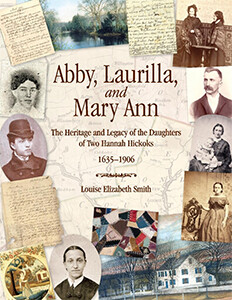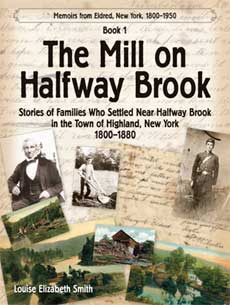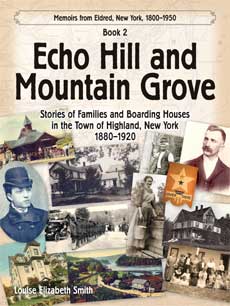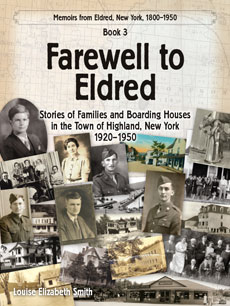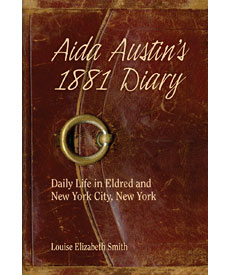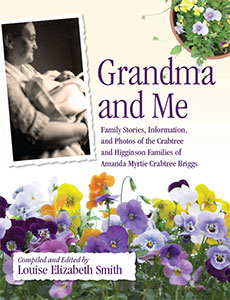McKinley Austin, 11th U.S. Inf. A.E.F., to Aida Austin
September 22, 1918 (received Oct. 23)
Dear Aunt,
I am writing to let you know I am well. So far I have received all your letters. They did not come in rotation for I got your fourth, 3 days after your sixth.
I have not written as I should because we have been busy and when I get a while off, I like to rest.
I got the pictures all right. If you see Lena, tell her I got her letter and wrote once from over here. Her picture is not as good looking as she is, but I knew who it was.
I am glad to hear you are getting along so well on the farm. Next year I may be home to help, of course we can’t be sure. If it is possible to get the land, do so.
When I come back, I will have a couple of hundred dollars or more to help with. I think that I will be lucky here. I have been so far. Well, give my love to all. Your nephew, McKinley
Mort Austin on Jury Duty
In September Mort Austin was on jury duty in Monticello, New York. His wife Jennie Austin wrote him letters addressed to the care of Mrs. Fowler, Monticello, N.Y.
Jennie Austin, Eldred,
to C.M. Austin, Monticello, N.Y.
September 25, 1918
Dear Mort,
Received your letter tonight and will write a few lines. You have been away 2 days and it seems about that many weeks. You got another nice letter from Raymond. I will send it with this. He has been moved to Balboa. I think that is on the Pacific coast. Wasn’t Balboa the one who discovered the Pacific Ocean?
I only wish we could feel as easy over Mac as we do him. I paid Raymond’s Red Cross money over today. They was after it.
Elizabeth still gets along well in school. Little Anthony made me a short call after school today. He is a bright kid.
Willie is feeling alright again, so don’t worry about him or us. We are feeling fine, but only wish you were here. Still it is a good rest for you and likely you will have to work hard all winter.
I will certainly be good, for I have no chance to be bad.
Take good care of yourself. With lots of love, Jennie

